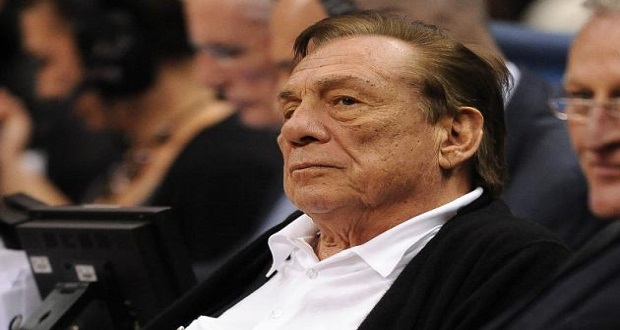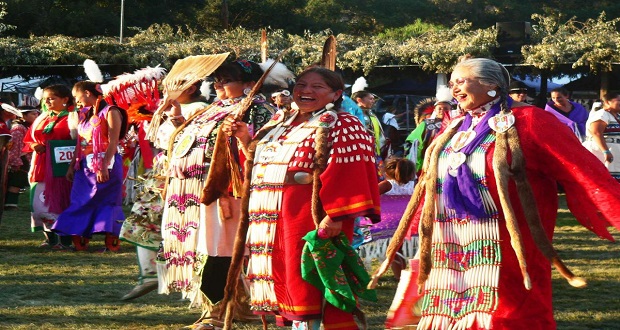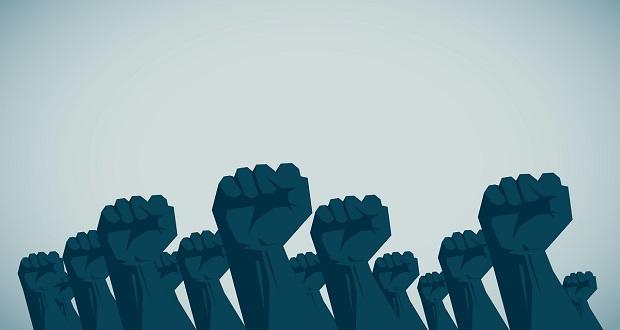
The concept of unconscious bias has exploded as the most popular diversity and inclusion training. We teach that most of our behavior is based on those things in our subconscious mind of which we are largely unaware. My concern with the proliferation of these ideas (while I do not dispute the scientific research), is that it gives us an “out.” How can I address my biases if I don’t know about them, is a question I am often asked in training sessions.
I will answer that question in a future post. In this post I want to further explore the idea of conscious biases.
The Donald Sterling situation is a prime example. Sterling, the owner of the LA Clippers, was recorded making derogatory remarks about African Americans. As a result he was banned from the NBA for life, fined $2.5 million and is under pressure to sell the team. Both film director Spike Lee and media mogul Oprah have compared Sterling’s comments and behavior to that of a slave master. Sterling’s biases are obviously very conscious.
On a talk show program this week with a predominately African American audience, there were several African American callers with the view that what Sterling said in private should not be used to punish him. Their perspective was that everybody is entitled to think, believe and say what they want in private.
While that is an interesting point of view, what we say and think in private ultimately impacts how we behave in public. Sterling is a public figure with a great deal of power and influence over the lives of the players.
I am sure that Donald Sterling is among many who say things in private about other groups that they would not want to be made public. Consider these questions:
- How many of us make derogatory remarks about other groups in private, where we think nobody but a trusted family member or friend will hear us?
- How many of us really are conscious of our most deep-seated biases about other groups?
- How many of us consciously clutch our purses in the presence of a Black male, because we believe there is a higher likelihood that he will be a criminal than a White male?
- How many of us are conscious of our biases against hiring people with a physical or mental disability because it will cost us more to train and accommodate that person?
- How many of us consciously do not consider moving in to neighborhoods that are too “Black”, or too “Hispanic”? My realtor friends tell me that they often get the question about the racial makeup of neighborhoods from their clients.
- How many of us who are parents are conscious of our fear that our children might one day “come out” as homosexual?
- How many of us who are managers are conscious of our bias against assigning oral presentations to team members who have an “accent” because others will have a difficult time understanding him/her?
The list could go on and on. My point is that we really are aware of many of our biases. They are not so unconscious. It is important to uncover our unconscious biases but it is just as important to address the ones that we know about!


















